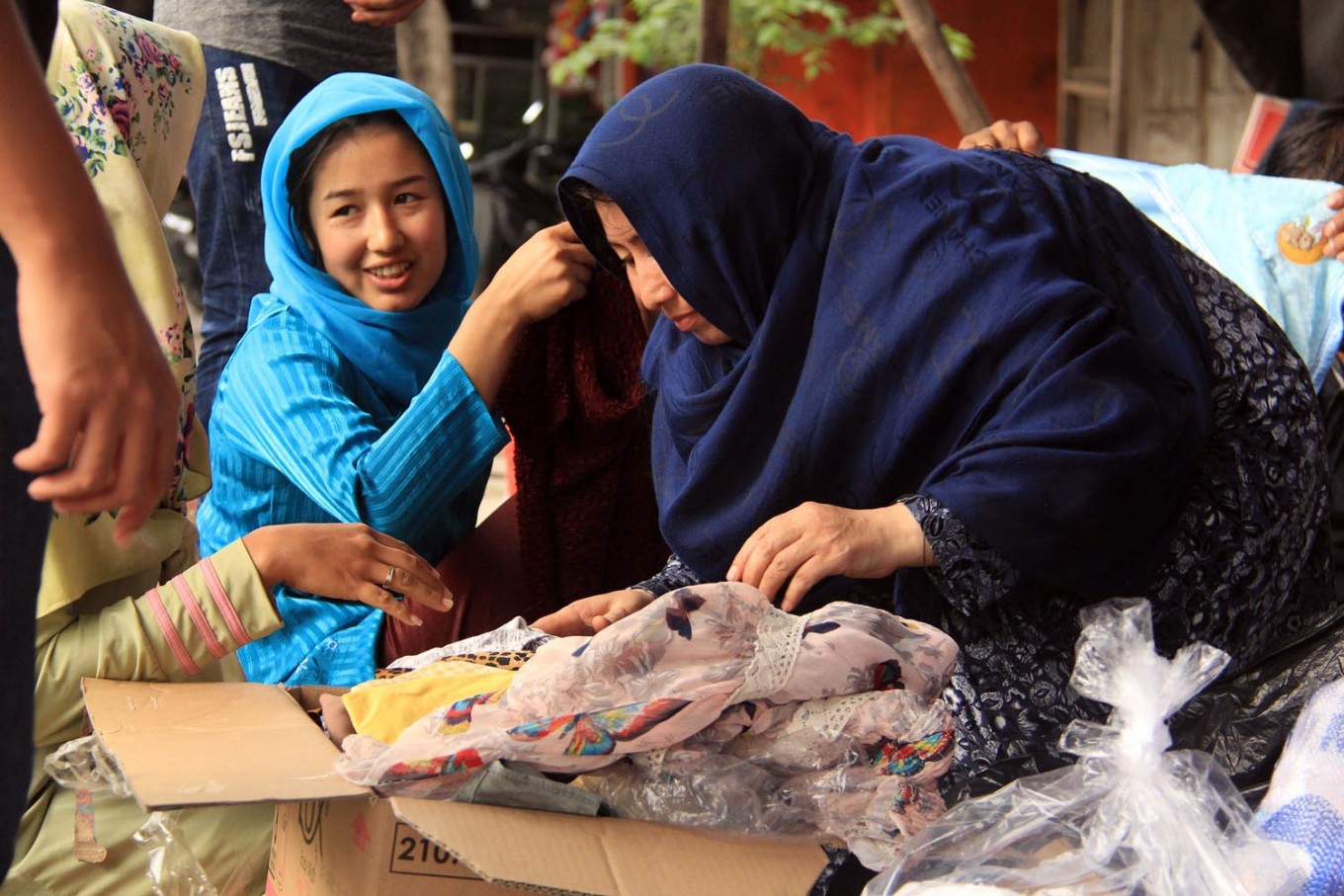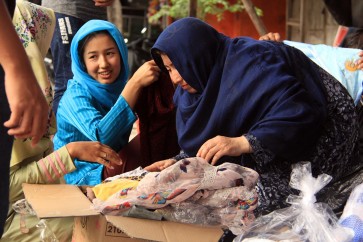Popular Reads
Top Results
Can't find what you're looking for?
View all search resultsPopular Reads
Top Results
Can't find what you're looking for?
View all search resultsRefugees: Doing it for themselves!
Currently, there are a recorded 68 million refugees, asylum seekers and internally displaced people in the world.
Change text size
Gift Premium Articles
to Anyone
W
hen you hear the name Albert Einstein (1879-1955), what comes to mind? Physicist. E=mc2. Theory of Relativity. Nobel laureate. Genius. But did you know he was also a refugee?
Yup, when Adolf Hitler came to power in 1933, Einstein was already a well-known physicist in his native Germany, having won the Nobel Prize in 1921. Due to the persecution he suffered as a Jew, he fled Germany, sought refuge in the United States and settled in Princeton. Germany’s loss, the US’ gain.
Einstein was known to have a big brain, and apparently also a big heart. Due to the suffering he endured as a refugee, he set out to help other refugees. He was instrumental in setting up what has now become the International Rescue Committee (rescue.org), which is “committed to achieving measurable improvements in the health, education, safety, economic well-being and empowerment of people’s lives”. Sounds like something every human being deserves, right?
Currently, there are a recorded 68 million refugees, asylum seekers and internally displaced people in the world. More than ever, we need to continue Einstein’s legacy of trying to make it possible for refugees to have decent lives. Recently, I met a young woman in Jakarta who is trying to do just that for at least some of the 14,000 refugees in Indonesia.


















